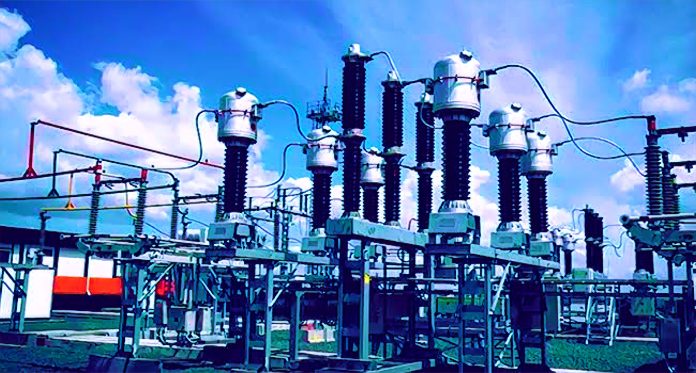KEY POINTS
- Nigeria experiences its sixth national grid collapse in 2024, causing a nationwide blackout.
- The repeated failures highlight persistent issues within the country’s power infrastructure.
- Calls grow for government action to resolve the ongoing power crisis.
Nigeria was again on Wednesday thrown into another black out as the nation’s national power grid collapses for the sixth time in the year. The latest collapse has again highlighted the problems that exist in the nation’s energy sector and has raised increasing questions about the future stability of electricity in Nigeria, the most populous country in Africa.
The grid failure happened at night when many households, businesses and industries were connected to the power supply. The failure, which is recurring in the country, has raised the alarm over the state of the power sector in Nigeria and has called for the government to act fast.
Nigeria’s power crisis is deepening as more grid failures were reported across the country.
The cycle continues and recent grid failures have worsened an already distressed energy situation in Nigeria. However, the country has not been able to overcome the problem of the national grid that has remained unstable and has not been able to provide for the population’s needs.
The national grid that supplies electricity to Nigeria has failed six times in 2024 and this has caused blackouts and economic losses.
Industry insiders claim that some of the reasons for the recurrent losses include old facilities, lack of capacity, and unsound upkeep.
Business Day has pointed out that the grid’s recurring failures have exposed the need for changes in the power sector. “This situation has become unsustainable,” said an energy analyst, adding that the volatility of the grid has left millions of Nigerians in the dark and is hampering economic development.
Effects of climate change on the lives of people and the economy
Every grid collapse has its effects on the everyday life of the people of Nigeria. Individuals are left to use costly generators for electricity, while organizations including manufacturing firms, telecommunication firms and other firms that require energy to operate are negatively affected by high operating costs.
To the industries that rely on power supply, the repeated outages have made it difficult to operate, leading to loss making and low productivity.
These outages are not only expensive but also fatal. As I have just mentioned, hospitals have for instance been forced to search for ways on how they can ensure continued use of for instance life-support services even when electricity is Out, with some facilities opting for back-up generators for instance.
While large industries can afford generators, small business owners and retailers who cannot afford the generators lose their revenues every time the grid fails.
Nigeria, the largest economy in Africa, is still under pressure due to the troubles in the energy sector. The power crisis has been recognized as one of the main challenges that affect the country’s development for a long time.
Due to industries being very much dependent on the energy supply, the regularity of the grid collapses is viewed as a hindrance to growth.
Pressure on the government increases
The most recent grid failure has therefore prompted people to demand that the government should act now to transform the power sector in Nigeria.
The power sector has been urged to attract more investment, maintain existing infrastructure, and diversify its sources of electricity to decrease the load on the grid by energy specialists and civil society organizations.
The national grid is obviously under too much pressure. One energy expert said, “We have to look for renewable energy sources, expand our current structures, and improve our management systems.”
Earlier, the Nigerian government has declared its intention to invest in the energy sector and increase the stability of the national grid due to the constantly worsening power situation.
But development is gradual and the number of grid collapses is still on the rise. Critics have claimed that further radical steps, including the partial privatization of the power sector, may be required to solve the problems.
A ray of light in the future
However, it is not impossible to realize that Nigeria’s energy problem may find its solution with favorable investment and recommittal to power plant. There has recently been an endeavor towards utilizing renewable energy including solar and wind energy in an attempt to tackle the problem of the unstable grid.
Also, the government of the country aims at increasing the importation of diversified energy which can lead to improved and sustainable supply of power in the future.
While Nigeria is still seeking for the solutions, the experts have not lost hope that the country can come out of the energy crisis. With good leadership, proper funding and emphasis on long term changes, the power sector could receive the changes it needs to supply constant electricity to the nation.



